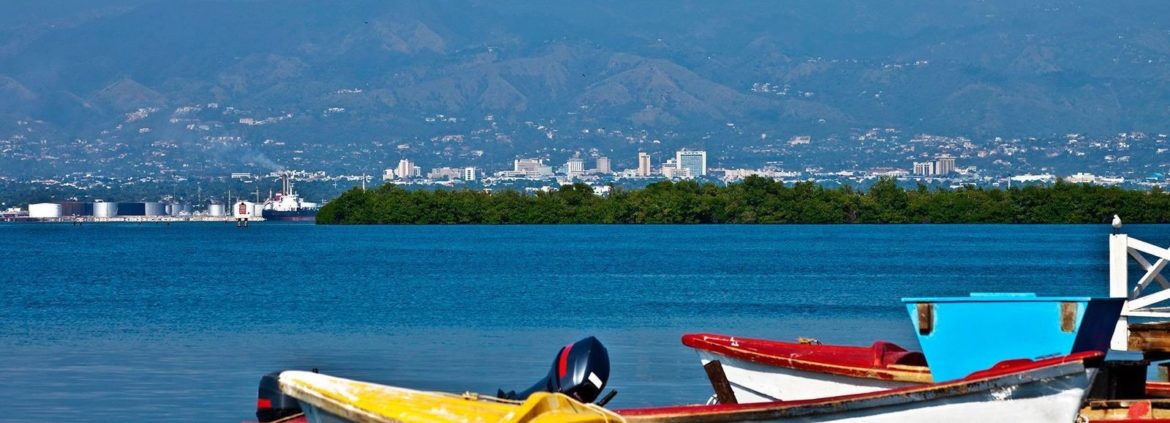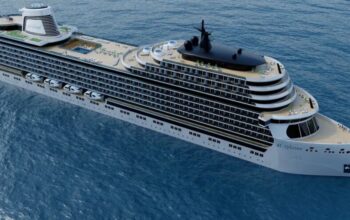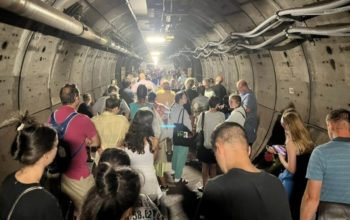Now a relatively quiet fishing village, Port Royal was once so notorious that it was considered by many to be ‘the wickedest city on Earth’ – until it sank into the sea.
Written content from James March BBC
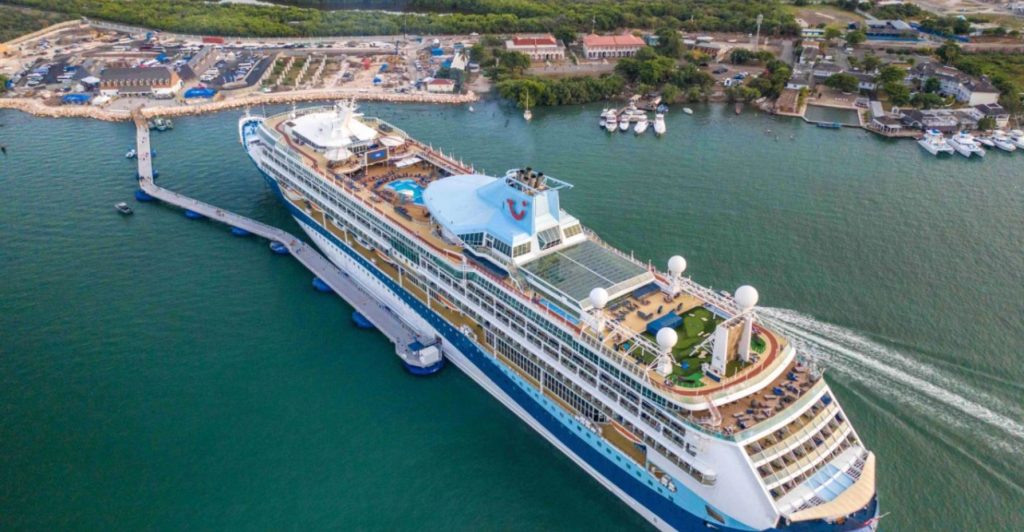
At 08:09 on the morning of 20 January 2020, an event took place that many Jamaicans thought they would never see. For the first time in 40 years, a cruise ship docked at Kingston’s historic Port Royal. An innovative new floating pier extended out and welcomed 2,000 smiling guests onto the island, with the vast Marella Discovery 2 dwarfing everything else in sight as they walked off.
“Port Royal turn[ed] into an unhinged haven of alcohol, money and sex”
It was a moment of pride for Kingston and its people, something that had long been talked about but had never come to fruition, thanks largely to political disputes and Port Royal’s lack of development. The arrival also marked a bright new chapter in the eventful history of Port Royal, a history that’s known to many Jamaicans but is seldom spoken about beyond its shores.
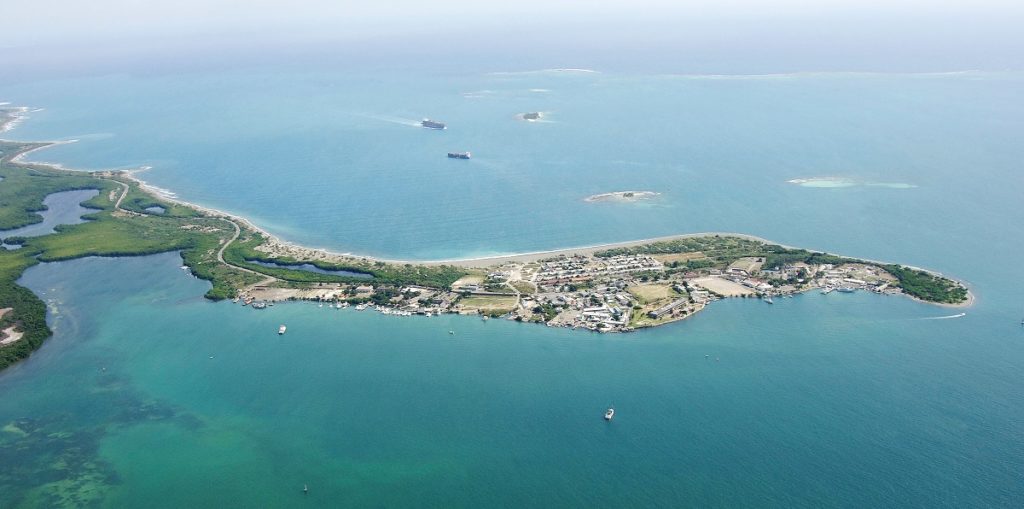
While Port Royal is now a relatively quiet fishing village at the end of a 29km sandbar extending out from Kingston, in the late 17th Century its reputation was so nefarious that it was considered by many to be “the wickedest city on Earth”. Controlled by the Spanish for more than 150 years due to its strategic location, Jamaica was attacked by an English expeditionary force in 1655 and quickly turned into a profitable possession. The English lack of manpower, however, meant that to protect the island, then-governor Edward D’Oyley was forced to a recruit a coalition of pirates and privateers.
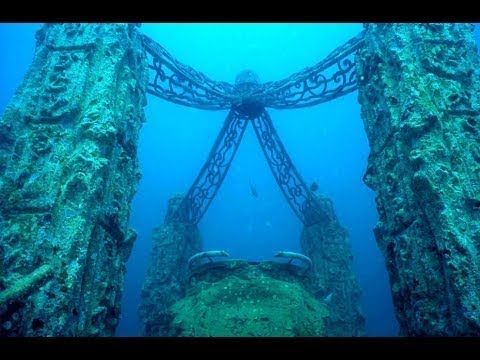

This, combined with the riches brought from trading slaves, sugar and logwood, saw Port Royal turn into an unhinged haven of alcohol, money and sex. Famous for a quarter of its buildings being either a bar or a brothel, the town quickly grew in wealth, and the pirates’ rapacious taste for excess and debauchery became the stuff of legend. Attracting famous seafaring names of the age such as Captain Henry Morgan, they attacked and plundered the poorly-defended Spanish ports of the region (Morgan himself led violent sackings of Panama City and Maracaibo) while rapidly spending their riches on absurdly hedonistic lifestyles.
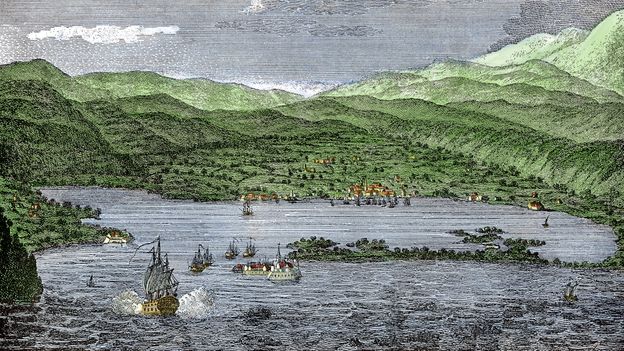
“These buccaneers had a free hand to literally do as they pleased, as they were viewed as being the defenders of Jamaica. The authorities had no option but to let them alone,” explained local historian Peter Gordon. “Imagine a city where lots of gold was born with these men of questionable character, and freedom to do what they wanted. Brothels, bars and churches were of equal numbers so you can imagine the rough atmosphere that was Port Royal.”
On the morning of 7 June 1692, however, that atmosphere and Port Royal itself were changed forever. Two thousand lives were lost as a massive earthquake destroyed much of the city. Port Royal would never be the same. Read more from BBC
Read other travel related stories from News Without Politics

